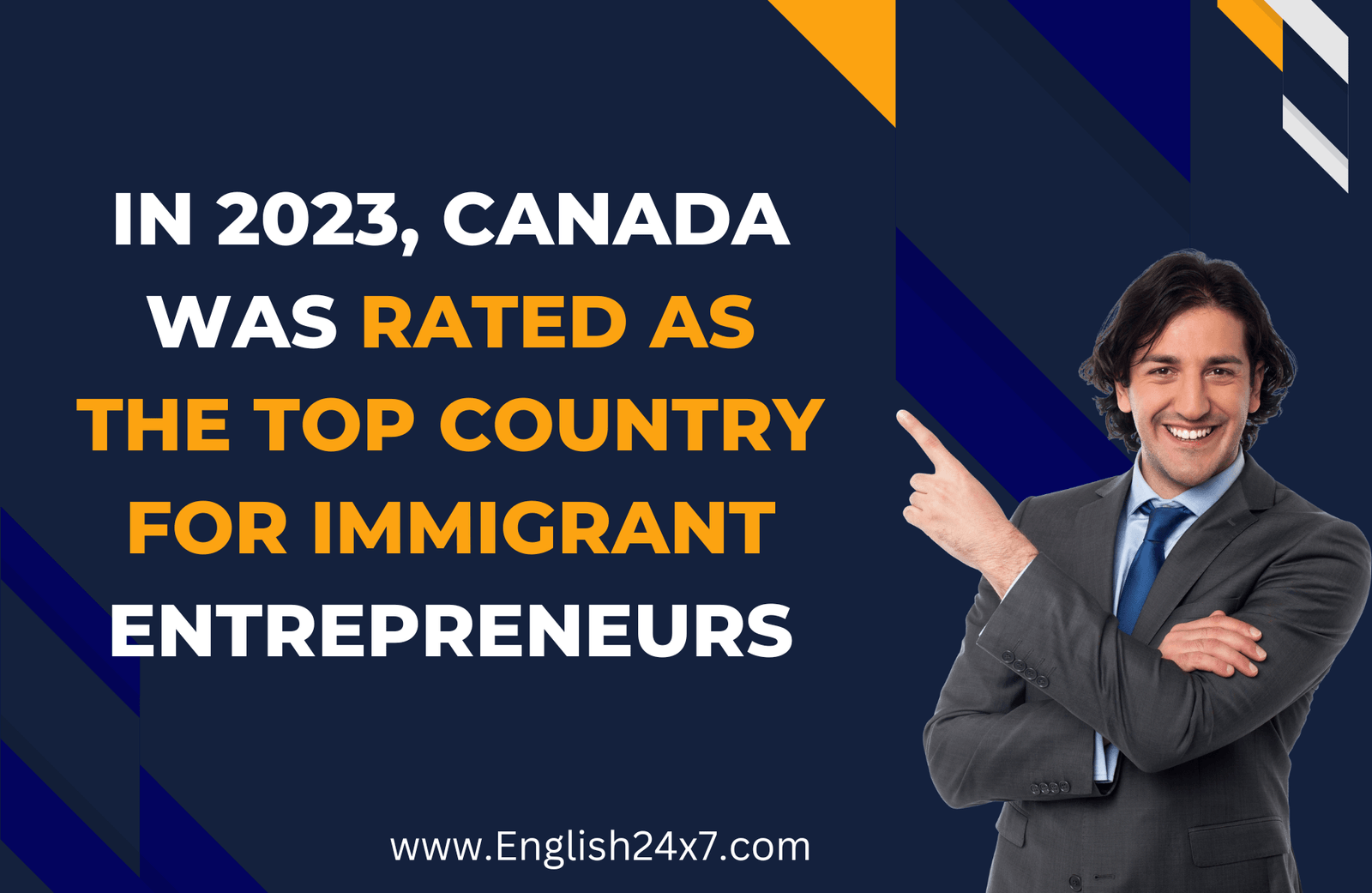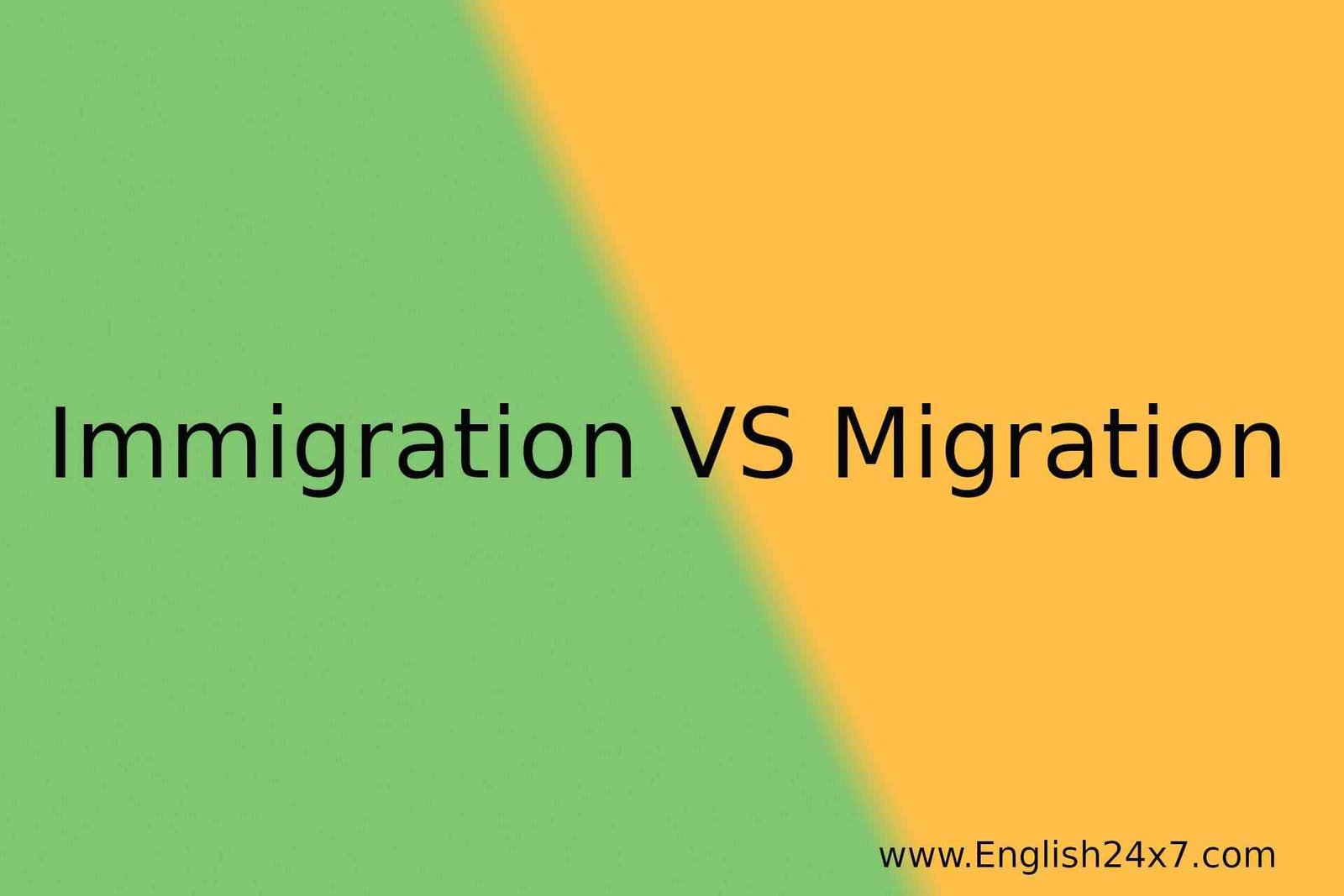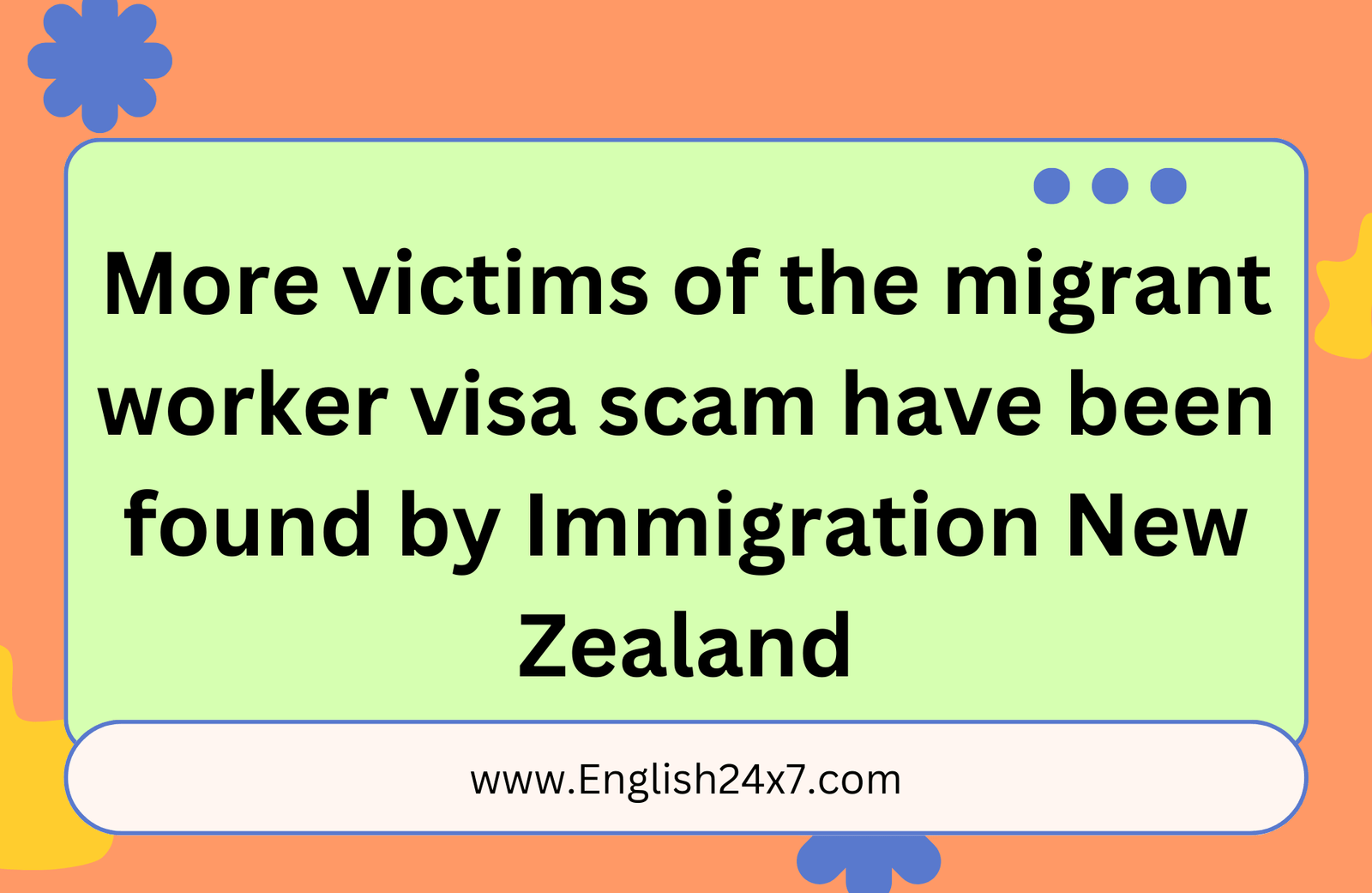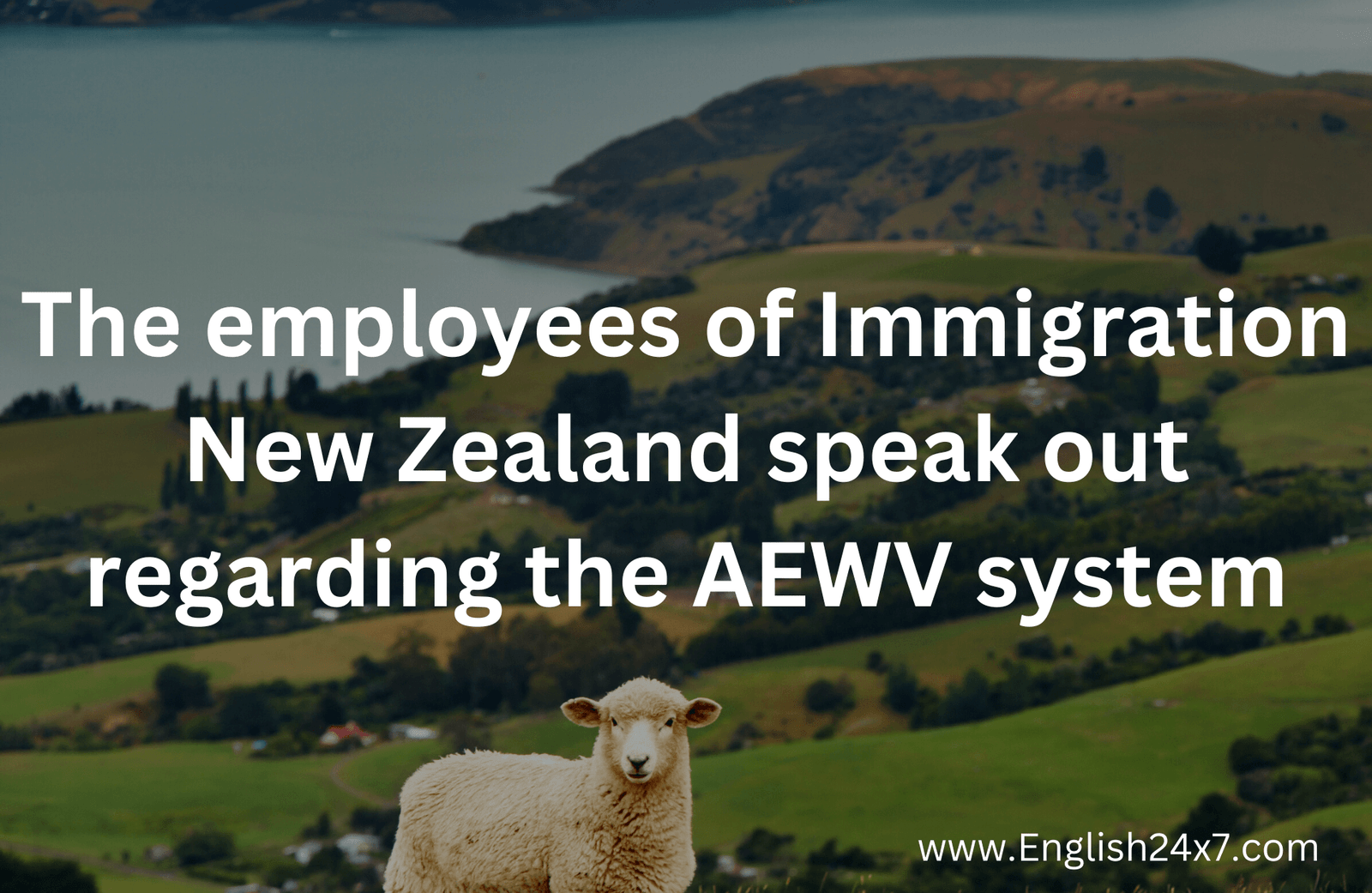
In 2023, Canada was rated as the top country for immigrant entrepreneurs
The Organization for Economic Cooperation and Development (OECD) said that Canada was the best place for immigrant businesspeople and people who want to start their own businesses out of all the other OECD countries.
The United States, France, the United Kingdom, Sweden, and Australia are some of the 24 OECD countries.
According to the OECD study, these countries are becoming more interested in bringing in foreign entrepreneurs to drive innovation, create jobs, bring in foreign investment, and help their economies grow.
To make the world a good place for new and innovative businesses to grow, a mix of steps must be taken to build entrepreneurial ecosystems, encourage study and innovation, and make sure that people who want to start businesses have access to money and the right people.
The OECD's Indicators of Talent Attractiveness is a ranking system that looks at both general factors and specific immigration policies that are designed to draw international start-up founders.
The system is made up of seven main parts, such as market conditions and size, access to capital, and the amount of digitization and connectivity.
The OECD found that Canada got in the top 25% in all of the framework's categories except for "skills environment." Canada, along with Australia, is the only country that gives all successful applications for a start-up visa permanent residency from the first day.
Canada also has a good set of rules for starting and running a business, a society that welcomes immigrants, and good living conditions.
The ranking shows that countries with a strong culture of innovation and entrepreneurship, like Canada, are in a good position to draw people who want to start their own businesses.
How to get to Canada as a Entrepreneurs
Entrepreneurs, investors, and people who work for themselves can choose from a number of ways to move to Canada and get work permits.
The Start-Up Visa program lets immigrant businesspeople stay in Canada for good as they build their businesses. The goal of the program is to bring in creative businesses from outside of Canada who will help the economy grow and make new jobs.
To be qualified for a Start-Up Visa, applicants must meet the following requirements:
- Meet minimum English or French language standards
- Have enough money to move to Canada
- Plan to move somewhere else besides Quebec
- Pass Security and medical clearances in Canada
- Show that a specific group backs your business.
- Show that your business meets the ownership rules.
A number of venture capital funds, angel investment groups, and business incubators have been chosen by Immigration, Refugees, and Citizenship Canada (IRCC) to take part in the Start-Up visa program. For their Canadian start-up, applicants who are chosen must get a minimum funding.
Under the Canada-United States-Mexico Agreement (CUSMA), citizens of the US or Mexico who invest in a new or established business in Canada may be able to apply for Investor work permits to run their Canadian business.
In Canada, the investor is usually the sole owner or the person with the most shares in the business. But it is expected that the business will create jobs or do something else good for the local economy and not just help the owner.
Also, people who want to keep running a business they already have in another country while also growing in Canada may be able to get an Intra-Company Transfer work permit.
Most of the time, this type of work permit is used by global companies that want to move key employees between branches. However, it can also work well for entrepreneurs who want to start a new business in Canada.
There is also an Entrepreneur/Self-employed work permit that can be a choice for entrepreneurs who own the majority or all of a Canadian business or if the owner of the Canadian business plans to live mostly outside of Canada.
Applicants will have to show that their business will have a big positive effect on Canada's economy, society, or culture.







